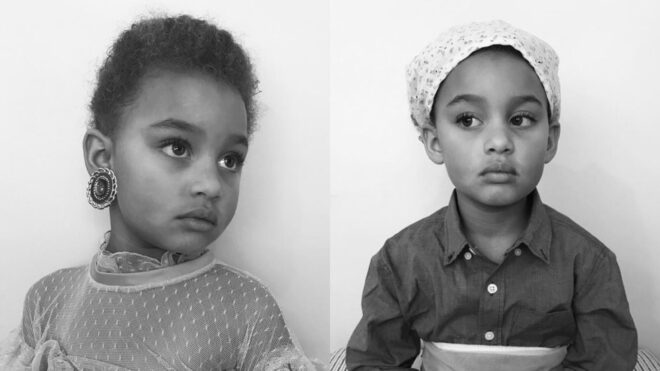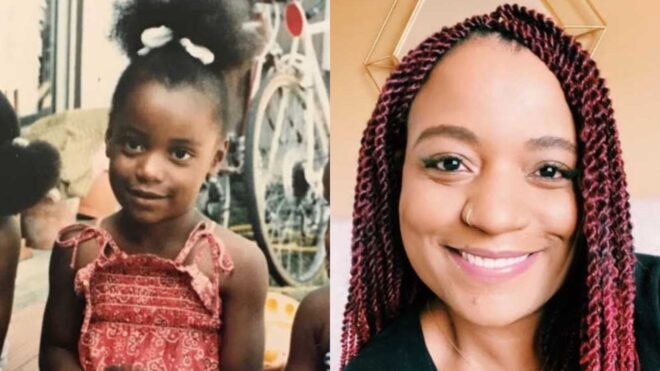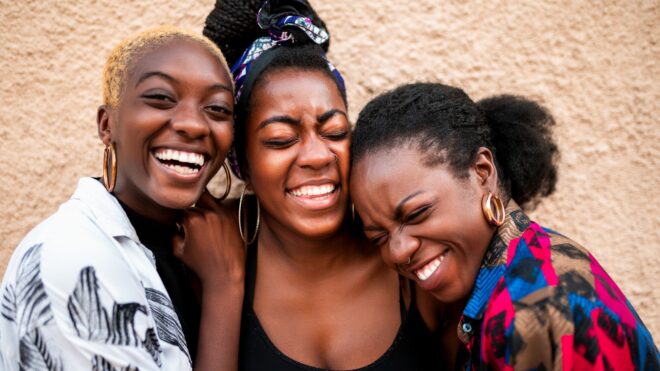
For Black families, every month is Black History Month. Mothers and fathers share their family history, culture, and all of the passed-down traditions every single day. Celebrating Black History Month gives us all time to recognize our heritage and learn about the heroes, artists, inventors, and leaders who have contributed greatly to how we live today.
For Black families, celebrating and recognizing these figures often happens naturally. We're making our own history to teach our families and show others in our lives what radical change can look like.
More from CafeMom: After Struggling To Find Toys That Teach Black History, Fierce Mom Creates Her Own
What's changed ... and what hasn't.
In the days of the civil rights movement, in the 1950s and '60s, Black families didn't have the privilege of going to whichever restaurant they wanted to, picking any house in the neighborhood of their choice to live in, or even using public facilities in the same way as everyone else.
Historically, Black lives have been at stake every day, and this reality continues today. The treatment of Black individuals, despite their contributions to society, has been a recurring topic worthy of attention from all families.
The power of showing love and joy is real.

Today, as we are doing everything we can to give our children a better life than we had, we are living in the change that the civil rights leaders fought for. Showing our love for each other in public ways tells the world that we are a people of happiness and joy.
More from CafeMom: As a Black Mom, I Am on a Mission To Heal My Generational Trauma
We are the change.
By living our lives boldly, we are sharing our culture and traditions with the communities we live in. Teaching our children through the music we listen to, the foods we eat, the way we celebrate holidays, and telling family stories passes down great value and lets our own children know that we are a part of the radical change our ancestors hoped for.
On a daily basis, Black parents are showering their children with love.
Love for their skin tone, love for their unique features, love for their curly, wavy, or straight hair, and love for their sense of style and personality. As parents we are strengthening our children's confidence and influencing self-love while we are raising beautiful, kind, loving, intelligent, and strong Black children.
And that is Black history.







